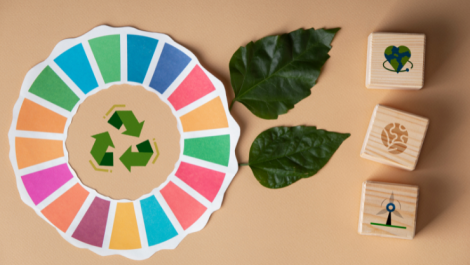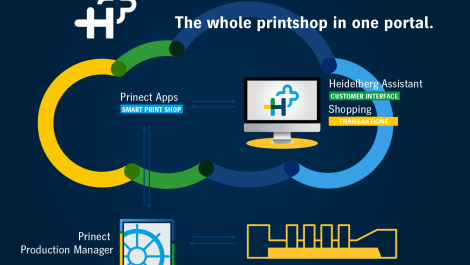The weekly Verdigris blog by Laurel Brunner
Asian Pulp & Paper (APP) really do seem to be living up to their promises. When they announced their Forest Conservation Policy just over a year ago it had a serious omission: reforestation and conservation plans. This had lead to some voluble criticism from NGOs such as the WWF and Greenpeace, however APP has now declared its plans for the restoration and conservation of one million hectares (about 2.5 million acres) of rainforest across Indonesia.
APP has come under crushing international pressure for its destruction of Indonesian rain forests, especially in Sumatra where tigers, elephants and baboons have all lost substantial areas of their natural habitat. The market’s response has been to stop trading with the company and although it has taken quite a few years, the NGO campaigns and the loss of business are working. Customers have been under pressure from NGOs to cease trading with APP because of its devastation of the rain forests. They have taken a while to work their way up the learning curve, however now there is widespread awareness of the damage, much of it irrevokable, that APP’s business model has done.
NGOs such as the WWF are not entirely convinced that APP really will do what it says, and so are advising buyers to wait and see. The APP plan reflects months of consultation with stakeholders to prioritise restoration according to biodiversity assessments. They intend to take a landscape approach, involving all stakeholders in order to work towards defined but as yet unspecified objectives, for restoring natural forests on APP concessions and on adjacent areas. The first step is a preservation effort in Jambi, Sumatra to protect tiger and elephant habitats. Plans are also under development for “identified priority landscapes” for areas where APP and its suppliers have commercial operations. These plans include the provision of wildlife corridors, support for the conservation of the Sumatran tiger of which only 400 are thought to remain, restoring and conservation of natural forests and peat swamps in Riau.
The release is a little worrying in that it doesn’t say much about specific restoration or reforestation initiatives. According to APP “… currently APP and its suppliers are obliged to set aside approximately ten percent of the gross area, equivalent to 260 thousand hectares for conservation purposes. The one million hectares commitment … could include parts of the ten percent legal obligation if this conservation area supports the core protected forest in each of the identified landscapes”.
The company is creating a multistakeholder body that includes NGOs to guide its conservation and restoration policy and its implementation. It’s all good. This announcement’s still not enough for the market to give APP a clean bill of health, but it is a massively important step in the right direction. Let’s hope Asia Pacific Resources International (APRIL) follows suit sometime soon.
http://verdigrisproject.com/blog/app-walking-the-walk
This article is part of the Verdigris series of stories about understanding the environmental impact of print. The Verdigris Project is supported by Agfa Graphics, Canon Europe, Digital Dots, drupa, EcoPrint, EFI, Fespa, HP, Pragati Offset, Ricoh, Splash PR, Unity Publishing and Xeikon.





